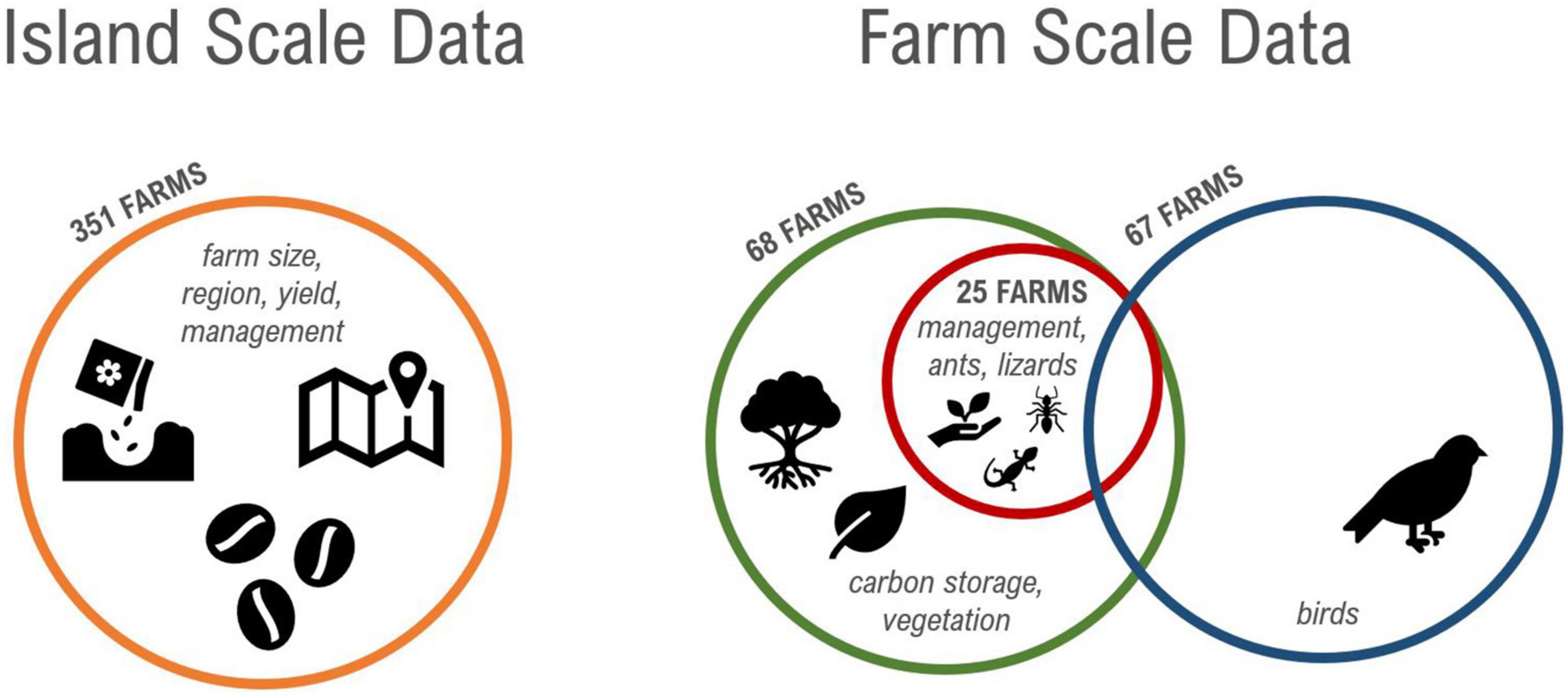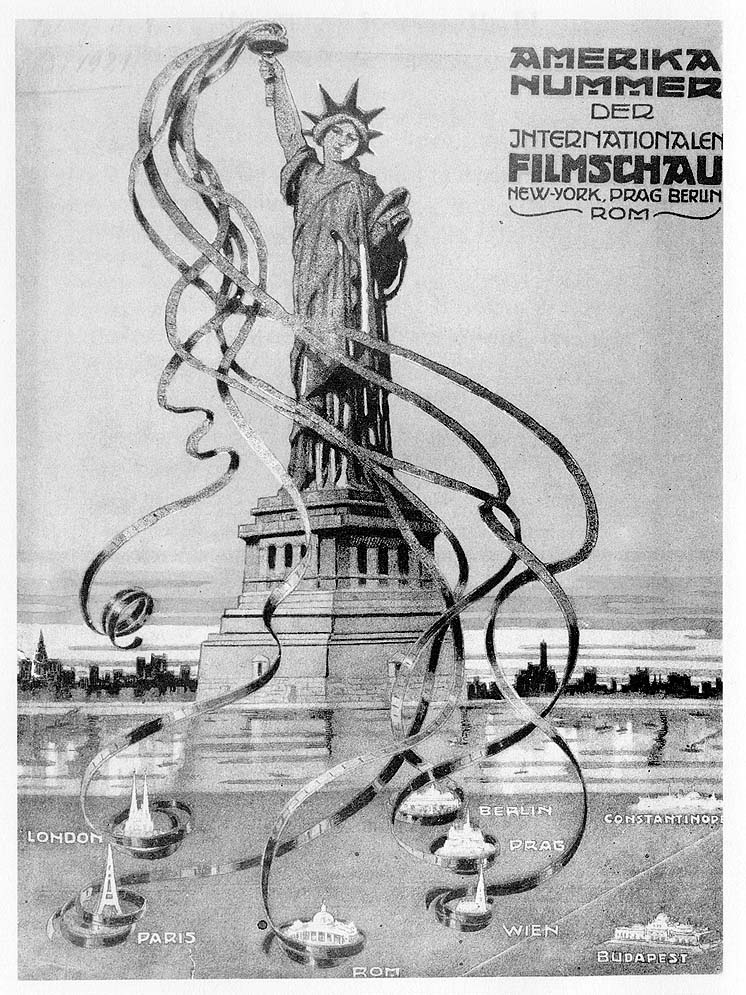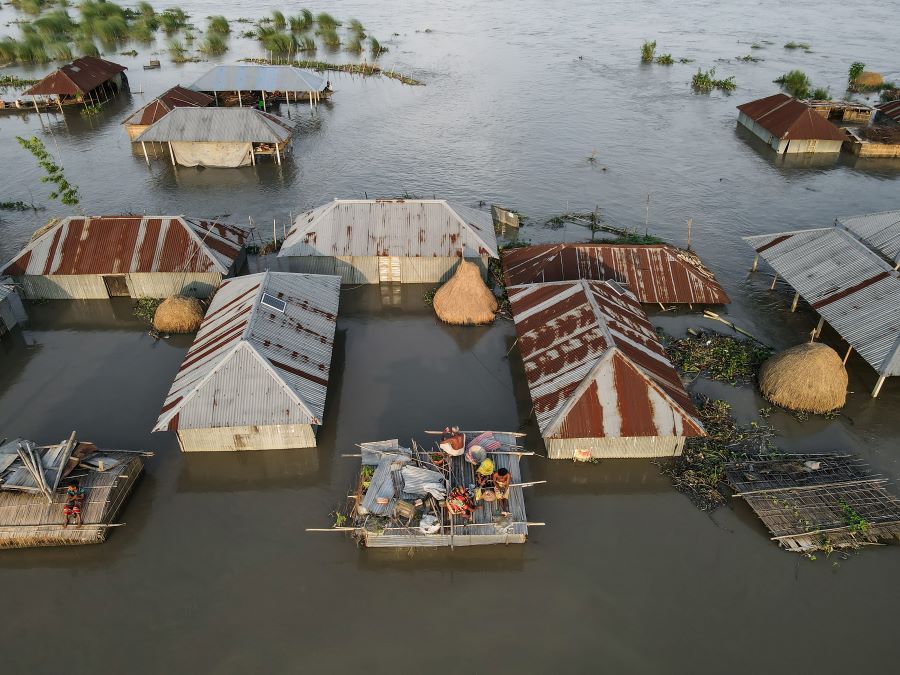Report on the Third Annual Pacific Northwest Climate Week
Event Overview and Objectives
The third annual Pacific Northwest (PNW) Climate Week is scheduled to take place from July 16 to July 25. The nine-day initiative will feature workshops, open houses, and community dialogues across more than 10 cities from Portland, OR, to Vancouver, B.C., with a significant focus on activities in Bellingham, WA. The event’s stated purpose is to celebrate regional environmental innovation and to foster collaboration between businesses and community members. Organizers encourage participation from individuals at all levels of environmental knowledge, from seasoned climate professionals to those beginning to explore sustainability, to facilitate genuine and meaningful conversations and activities.
Alignment with Sustainable Development Goals (SDGs)
PNW Climate Week’s program directly supports and promotes several United Nations Sustainable Development Goals (SDGs) through its emphasis on community action, education, and sustainable innovation.
- SDG 11: Sustainable Cities and Communities: The event strengthens community resilience and sustainability through workshops on extreme heat and wildfire preparedness, tours promoting sustainable transport like cycling, and educational sessions on innovative building materials such as Hempcrete.
- SDG 12: Responsible Consumption and Production: The involvement of local businesses like Pumped Goods, a zero-waste refill store, directly promotes sustainable consumption patterns. The focus on waste reduction and sustainable lifestyles is central to this goal.
- SDG 13: Climate Action: The entire week is dedicated to climate action, with events like the Climate Fresk workshop designed to urgently educate the public on climate science and empower community-led solutions.
- SDG 14: Life Below Water: The Weldcraft waterfront cleanup tour is a direct action to protect and restore marine and coastal ecosystems by addressing pollution, a key target of this goal.
- SDG 17: Partnerships for the Goals: The event model is built on collaboration, uniting local businesses (Café Velo, Kulshan Brewing), non-profits (Community Boating Center), and government entities (Whatcom County Health and Community Services) to achieve common sustainability objectives.
Scheduled Activities in Bellingham
The Bellingham schedule features a series of events designed to engage the local community in tangible sustainability efforts:
- Waterfront Cleanup and Community Engagement (July 17): Activities begin with a Weldcraft waterfront cleanup site tour, followed by a “Salty Social Hour” at the Community Boating Center, fostering community bonds around environmental stewardship.
- Sustainable Transport and Climate Education (July 18): An 8-mile loop cycling tour and a Climate Fresk workshop will be held, beginning and ending at Kulshan’s Trackside location, linking physical activity with climate literacy.
- Resilience and Innovation Workshops: Throughout the week, sessions will address critical climate-related issues.
- A workshop on extreme heat and wildfire preparedness will be presented at City Hall in collaboration with Whatcom County Health and Community Services.
- The event series culminates in a “Hempcrete Workshop” with the North West Living & Learning Community Collaborative, showcasing sustainable innovation in construction.
A full list of events and further details are available on the official PNW Climate Week website.
1. Which SDGs are addressed or connected to the issues highlighted in the article?
The article on PNW Climate Week highlights issues and activities that connect to several Sustainable Development Goals. The analysis below details the relevant SDGs based on the event’s focus on environmental innovation, community collaboration, climate action, and sustainable practices.
-
SDG 11: Sustainable Cities and Communities
The event is centered in cities like Bellingham and involves local businesses and community members. It addresses urban environmental issues through activities like waterfront cleanups and workshops on preparing for climate-related urban challenges like extreme heat, directly contributing to making cities more sustainable and resilient.
-
SDG 12: Responsible Consumption and Production
The article explicitly mentions a “zero waste refill store Pumped Goods.” This directly promotes sustainable consumption patterns by encouraging the reduction of waste, particularly single-use packaging, which is a core principle of SDG 12.
-
SDG 13: Climate Action
This is the most central SDG, as the event is named “PNW Climate Week.” The entire initiative is focused on raising awareness, sparking collaboration, and taking action on climate change. Specific events like the “Climate Fresk workshop” and sessions on “extreme heat and wildfire preparedness” are direct actions to combat climate change and its impacts.
-
SDG 14: Life Below Water
The mention of a “Weldcraft waterfront cleanup site tour” directly relates to the health of marine and coastal ecosystems. By organizing a cleanup, the event contributes to preventing and reducing marine pollution and debris, which is a key aspect of protecting life below water.
-
SDG 17: Partnerships for the Goals
The article emphasizes collaboration as a key goal of the event. It describes a multi-stakeholder effort involving businesses (Pumped Goods, Café Velo), community members, and organizers across a wide region (“over 10 cities from Portland, OR to Vancouver, B.C.”). This collaborative model is the essence of SDG 17, which promotes partnerships to achieve sustainable development.
2. What specific targets under those SDGs can be identified based on the article’s content?
Based on the activities described in the article, several specific SDG targets can be identified:
-
Target 13.3: Improve education, awareness-raising and human and institutional capacity on climate change mitigation, adaptation, impact reduction and early warning.
The article states that the event aims to “spark collaboration” and encourages “people of all levels of experience and environmental knowledge to join the discussion.” Events like the “Climate Fresk workshop” and community conversations are designed to improve education and awareness about climate change.
-
Target 13.1: Strengthen resilience and adaptive capacity to climate-related hazards and natural disasters in all countries.
The workshop on “extreme heat and wildfire preparedness info” is a direct effort to strengthen the community’s resilience and adaptive capacity to climate-related hazards that affect the Pacific Northwest region.
-
Target 12.5: By 2030, substantially reduce waste generation through prevention, reduction, recycling and reuse.
The promotion of a “zero waste refill store Pumped Goods” as part of the week’s events is a direct action aimed at reducing waste generation through reuse, aligning perfectly with this target.
-
Target 14.1: By 2025, prevent and significantly reduce marine pollution of all kinds, in particular from land-based activities, including marine debris.
The “waterfront cleanup site tour” is a land-based activity designed to remove debris from a coastal area, directly contributing to the reduction of marine pollution.
-
Target 11.6: By 2030, reduce the adverse per capita environmental impact of cities, including by paying special attention to air quality and municipal and other waste management.
The focus on a zero-waste store and a waterfront cleanup within the city of Bellingham are actions that contribute to reducing the city’s adverse environmental impact by addressing waste management.
-
Target 17.17: Encourage and promote effective public, public-private and civil society partnerships.
The entire structure of PNW Climate Week, which brings together “businesses and community members” across “over 10 cities,” exemplifies a civil society and private sector partnership aimed at a common environmental goal.
3. Are there any indicators mentioned or implied in the article that can be used to measure progress towards the identified targets?
The article implies several qualitative and quantitative indicators that could be used to measure progress:
-
Number of participants in awareness-raising activities:
The article encourages people to join, implying that the number of attendees at the workshops, tours, and social hours is a key metric of success. This can be used as an indicator for Target 13.3 (awareness-raising).
-
Number of collaborative events organized:
The article lists a series of events like workshops, tours, and cleanups. The total number of these activities serves as an indicator of the scale of the climate action effort, relevant to Targets 13.3 and 17.17.
-
Number of participating businesses and organizations:
The mention of specific businesses (Pumped Goods, Café Velo, Kulshan) and organizations (Community Boating Center, North West Living & Learning Community Collaborative) suggests that the number of partners involved is an indicator of a successful partnership (Target 17.17).
-
Geographic scope of the initiative:
The fact that the celebration spans “over 10 cities from Portland, OR to Vancouver, B.C.” is a clear indicator of the reach and scale of the partnership (Target 17.17).
-
Implementation of waste reduction initiatives:
The hosting of an event by a “zero waste refill store” is a qualitative indicator of actions being taken to promote sustainable consumption and reduce waste (Target 12.5).
-
Organization of community resilience and cleanup events:
The existence of a “waterfront cleanup” and a workshop on “extreme heat and wildfire preparedness” are themselves indicators of action towards Targets 14.1 and 13.1, respectively.
4. Create a table with three columns titled ‘SDGs, Targets and Indicators” to present the findings from analyzing the article.
| SDGs | Targets | Indicators (Identified or Implied in the Article) |
|---|---|---|
| SDG 13: Climate Action | 13.3: Improve education, awareness-raising and human and institutional capacity on climate change.
13.1: Strengthen resilience and adaptive capacity to climate-related hazards. |
– Number of climate-focused workshops held (e.g., “Climate Fresk workshop”). – Number of attendees in discussions and activities. – Organization of a workshop on “extreme heat and wildfire preparedness.” |
| SDG 12: Responsible Consumption and Production | 12.5: Substantially reduce waste generation through prevention, reduction, recycling and reuse. | – Promotion and involvement of a “zero waste refill store” (Pumped Goods) in community events. |
| SDG 17: Partnerships for the Goals | 17.17: Encourage and promote effective public, public-private and civil society partnerships. | – Collaboration between businesses, community members, and organizers. – Number of participating businesses and organizations. – Geographic scope of the partnership (over 10 cities). |
| SDG 14: Life Below Water | 14.1: Prevent and significantly reduce marine pollution of all kinds, including marine debris. | – Organization of a “waterfront cleanup site tour.” |
| SDG 11: Sustainable Cities and Communities | 11.6: Reduce the adverse per capita environmental impact of cities, including waste management. | – Implementation of community-based environmental activities (waterfront cleanup, zero-waste initiatives) within the city. |
Source: mybellinghamnow.com







